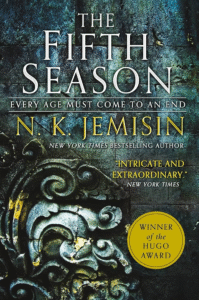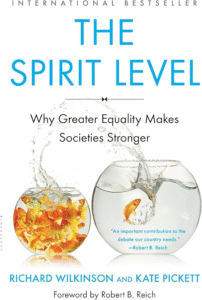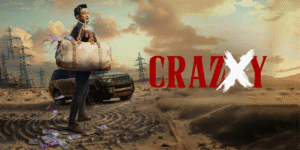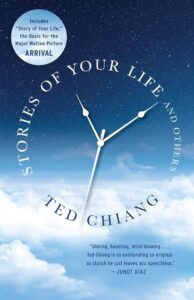The Grandeur of the Idea: Exploring Ted Chiang’s “Stories of Your Life and Others”

Ted Chiang’s “Stories of Your Life and Others” is not merely a collection of science fiction tales; it is a meticulously crafted compendium of philosophical thought experiments, each disguised as a narrative. Through a lens of speculative fiction, Chiang dissects fundamental questions about language, free will, morality, knowledge, and the very nature of existence. His genius lies in his ability to imbue complex intellectual concepts with profound emotional resonance, transforming what could be dry academic treatises into poignant and unforgettable human dramas.
Language, Time, and Free Will: “Story of Your Life”
The collection’s most celebrated piece, “Story of Your Life” (the basis for the film Arrival), serves as a cornerstone of Chiang’s thematic prowess. Here, he explores the Sapir-Whorf hypothesis, positing that language shapes perception. Louise Banks, a linguist, learns the non-linear language of the Heptapods, fundamentally altering her perception of time. She begins to experience past, present, and future simultaneously, leading to an extraordinary, yet deeply poignant, understanding of free will versus determinism. The beauty of the story lies not just in the intellectual conceit, but in the heart-wrenching acceptance of a predetermined, sorrowful future, chosen with a full knowledge that transcends linear human experience. It is a masterful demonstration of how a radical intellectual premise can illuminate the deepest corners of human emotion.
Reimagining Reality and Faith: Divine Intervention and Ancient Ambitions
Chiang consistently challenges anthropocentric perspectives and conventional notions of reality. In “Hell Is the Absence of God,” he constructs a world where God’s literal presence is undeniable, angels perform miracles and inflict suffering, and divine judgment is a visible, terrifying reality. Yet, faith remains elusive, suffering profound, and justice seemingly arbitrary. This story provocatively redefines what it means to believe, or not believe, in a world where God is a demonstrable, if inscrutable, force. Similarly, “The Tower of Babel”reinterprets the biblical myth with astonishing architectural and cosmological rigor, questioning the limits of human endeavor and the physical structure of a geocentric universe. It’s a testament to Chiang’s ability to take a mythical concept and ground it in a detailed, almost engineering-like, scientific realism.
Technology, Ethics, and Human Nature: Modern Dilemmas
Beyond the grand philosophical inquiries, Chiang often delves into the subtleties of human nature and societal impact. “Liking What You See: A Documentary” explores the ethical dilemmas surrounding “calliagnosia,” a neurological procedure that removes the ability to perceive physical beauty. This story forces readers to confront their own biases, the societal currency of attractiveness, and the uncomfortable truths about human connection stripped of aesthetic judgment. It’s a brilliant examination of how technology, even with seemingly benign intentions, can reshape fundamental human interactions and values. In “Seventy-Two Letters,”Chiang combines Kabbalistic mysticism with mechanical engineering to explore the creation of life and the nature of purpose, offering a nuanced reflection on sentience and the potential for technological advancement to both liberate and enslave.
Chiang’s Craft: Intellectual Rigor Meets Emotional Depth
What truly elevates Chiang’s writing is his meticulous craft. Each story feels like a polished jewel, a fully realized novella rather than a mere short story. His prose is precise and unadorned, allowing the brilliance of his concepts to shine through. He doesn’t rely on elaborate character arcs or action-packed plots; instead, the “conflict” is often intellectual, a tension between an established human understanding and a newly introduced speculative idea. This intellectual rigor is coupled with a surprising emotional depth; the characters, though often grappling with cosmic questions, remain profoundly human, their struggles and epiphanies resonating long after the final page.
Conclusion: A Collection That Redefines Thought Experiments
In conclusion, “Stories of Your Life and Others” stands as a landmark achievement in contemporary literature. Ted Chiang’s collection transcends the conventional boundaries of science fiction, inviting readers into a realm where the grandeur of ideas meets the intimacy of human experience. He doesn’t merely tell stories; he constructs elaborate mental landscapes that challenge our assumptions, provoke introspection, and expand our understanding of what it means to be human in a universe full of perplexing possibilities. It is a collection that demands intellectual engagement and rewards it with profound insights, solidifying Chiang’s reputation as a master of philosophical fiction.




















